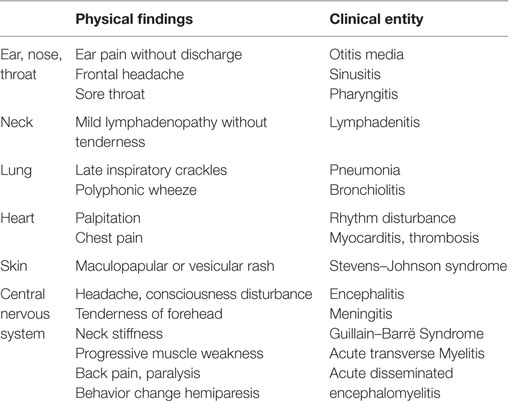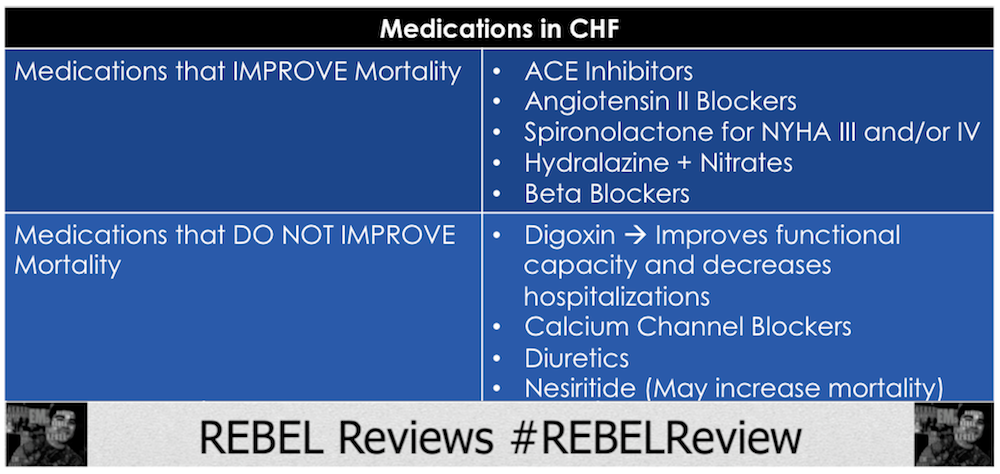
Even when you start to feel better, be careful not to overdo it. Don't go back to school or work until after your temperature returns to normal and you stop coughing up mucus. These tips can help you recover more quickly and decrease your risk of complications: They are lethargic or excessively sleepyĮxplore Mayo Clinic studies testing new treatments, interventions and tests as a means to prevent, detect, treat or manage this condition.You may be admitted to the intensive care unit if you need to be placed on a breathing machine (ventilator) or if your symptoms are severe. Your heart rate is below 50 or above 100.Your breathing is rapid (30 breaths or more a minute).Your systolic blood pressure is below 90 millimeters of mercury (mm Hg) or your diastolic blood pressure is 60 mm Hg or below.You are confused about time, people or places.These include drugs such as aspirin, ibuprofen (Advil, Motrin IB, others) and acetaminophen (Tylenol, others). You may take these as needed for fever and discomfort. If you want to try a cough suppressant, use the lowest dose that helps you rest. In addition, you should know that very few studies have looked at whether over-the-counter cough medicines lessen coughing caused by pneumonia. Because coughing helps loosen and move fluid from your lungs, it's a good idea not to eliminate your cough completely. This medicine may be used to calm your cough so that you can rest. If your symptoms don't improve, your doctor may recommend a different antibiotic. It may take time to identify the type of bacteria causing your pneumonia and to choose the best antibiotic to treat it. These medicines are used to treat bacterial pneumonia. Specific treatments depend on the type and severity of your pneumonia, your age and your overall health. Although most symptoms ease in a few days or weeks, the feeling of tiredness can persist for a month or more. People who have community-acquired pneumonia usually can be treated at home with medication. Treatment for pneumonia involves curing the infection and preventing complications. A fluid sample is taken by putting a needle between your ribs from the pleural area and analyzed to help determine the type of infection. If your pneumonia isn't clearing as quickly as expected, your doctor may recommend a chest CT scan to obtain a more detailed image of your lungs. Your doctor might order additional tests if you're older than age 65, are in the hospital, or have serious symptoms or health conditions.

A sample of fluid from your lungs (sputum) is taken after a deep cough and analyzed to help pinpoint the cause of the infection.

Pneumonia can prevent your lungs from moving enough oxygen into your bloodstream. This measures the oxygen level in your blood. However, it can't tell your doctor what kind of germ is causing the pneumonia. This helps your doctor diagnose pneumonia and determine the extent and location of the infection. However, precise identification isn't always possible. Blood tests are used to confirm an infection and to try to identify the type of organism causing the infection.


 0 kommentar(er)
0 kommentar(er)
